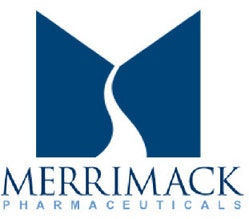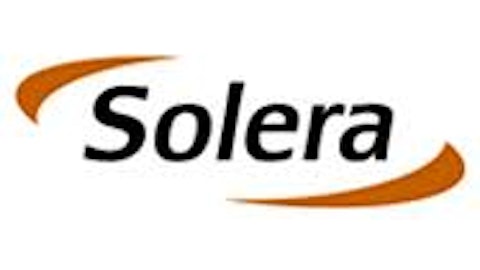Merrimack Pharmaceuticals Inc (NASDAQ:MACK) has seen a decrease in hedge fund interest of late.
According to most shareholders, hedge funds are seen as slow, old financial vehicles of the past. While there are greater than 8000 funds trading at the moment, we look at the upper echelon of this club, about 450 funds. It is estimated that this group has its hands on the majority of the hedge fund industry’s total capital, and by tracking their top equity investments, we have formulated a number of investment strategies that have historically beaten the market. Our small-cap hedge fund strategy outstripped the S&P 500 index by 18 percentage points per annum for a decade in our back tests, and since we’ve began to sharing our picks with our subscribers at the end of August 2012, we have beaten the S&P 500 index by 23.3 percentage points in 8 months (see the details here).
Just as beneficial, positive insider trading sentiment is a second way to parse down the financial markets. Obviously, there are many incentives for an insider to sell shares of his or her company, but only one, very simple reason why they would behave bullishly. Many academic studies have demonstrated the useful potential of this method if piggybackers understand where to look (learn more here).
Now, it’s important to take a gander at the latest action encompassing Merrimack Pharmaceuticals Inc (NASDAQ:MACK).
How have hedgies been trading Merrimack Pharmaceuticals Inc (NASDAQ:MACK)?
At Q1’s end, a total of 6 of the hedge funds we track were long in this stock, a change of -14% from one quarter earlier. With hedge funds’ positions undergoing their usual ebb and flow, there exists a select group of key hedge fund managers who were boosting their stakes substantially.
When looking at the hedgies we track, Andrew Spokes’s Farallon Capital had the largest position in Merrimack Pharmaceuticals Inc (NASDAQ:MACK), worth close to $6.5 million, accounting for 0.1% of its total 13F portfolio. On Farallon Capital’s heels is Magnetar Capital, managed by Alec Litowitz and Ross Laser, which held a $4.6 million position; the fund has 0.1% of its 13F portfolio invested in the stock. Remaining peers with similar optimism include Israel Englander’s Millennium Management, Anand Parekh’s Alyeska Investment Group and Peter Rathjens, Bruce Clarke and John Campbell’s Arrowstreet Capital.
Judging by the fact that Merrimack Pharmaceuticals Inc (NASDAQ:MACK) has witnessed declining sentiment from hedge fund managers, it’s easy to see that there was a specific group of fund managers that decided to sell off their positions entirely heading into Q2. At the top of the heap, Dinakar Singh’s TPG-AXON Management LP sold off the largest stake of the “upper crust” of funds we track, valued at about $20.1 million in stock., and Russell Lucas of Lucas Capital Management was right behind this move, as the fund dumped about $0.1 million worth. These bearish behaviors are important to note, as total hedge fund interest was cut by 1 funds heading into Q2.
What do corporate executives and insiders think about Merrimack Pharmaceuticals Inc (NASDAQ:MACK)?
Insider purchases made by high-level executives is particularly usable when the company we’re looking at has seen transactions within the past six months. Over the last six-month time period, Merrimack Pharmaceuticals Inc (NASDAQ:MACK) has experienced 3 unique insiders buying, and 2 insider sales (see the details of insider trades here).
Let’s check out hedge fund and insider activity in other stocks similar to Merrimack Pharmaceuticals Inc (NASDAQ:MACK). These stocks are EXACT Sciences Corporation (NASDAQ:EXAS), ACADIA Pharmaceuticals Inc. (NASDAQ:ACAD), Optimer Pharmaceuticals, Inc. (NASDAQ:OPTR), Array Biopharma Inc (NASDAQ:ARRY), and Cadence Pharmaceuticals, Inc. (NASDAQ:CADX). All of these stocks are in the biotechnology industry and their market caps are similar to MACK’s market cap.


